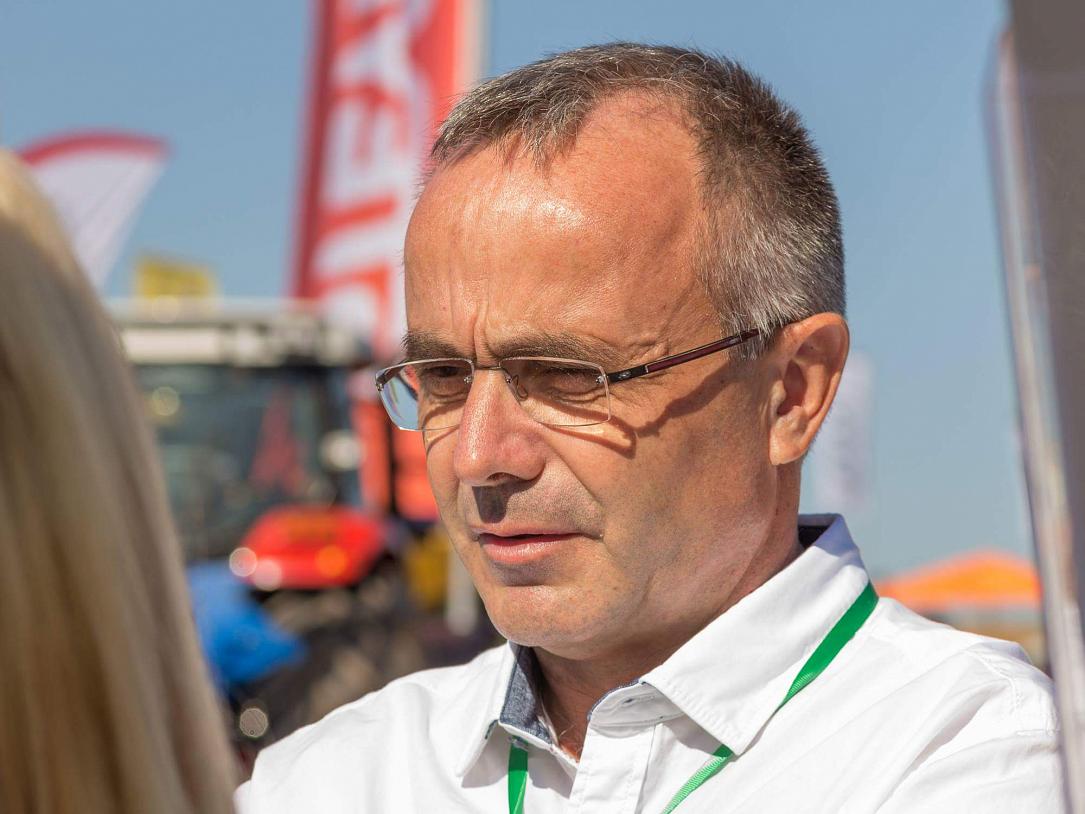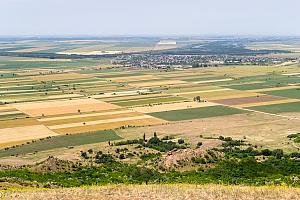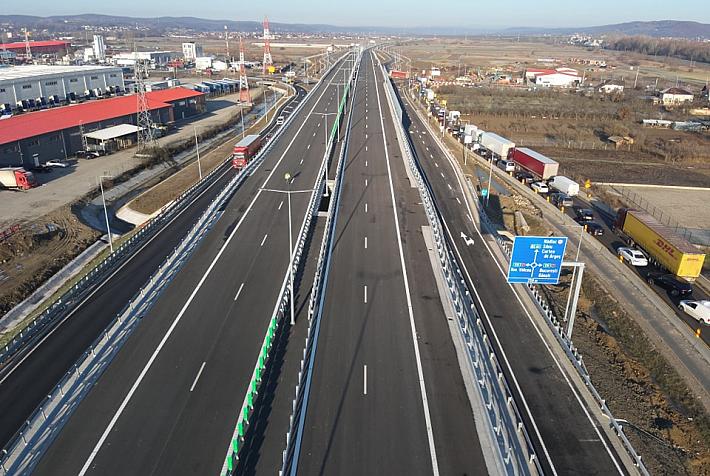Conservation agriculture: How Romanian farmers can help protect the environment and gain from it

Romanian farmers who are interested in creating a better climate context for future generations can also get financial benefits from this activity by getting better crops and selling carbon certificates on the international markets.
By adapting their tillage and cultivation techniques and making the transition to conservation agriculture, farmers can earn an additional EUR 45-105 euro/ha/year, by capturing in the soil 3-7 tons of CO2e/ha/year, according to Commoditrader, a digital trading platform for agricultural commodities, which helps farmers get additional revenues by selling carbon certificates on the international market.
French-born Arnaud Perrein, vice-president of the Romanian Corn Producers Association with 28 years’ experience in the Romanian agriculture industry, has adopted a set of measures that contribute to the improvement of his cultivated soil, so that it is more productive and profitable. Using conservation agriculture, he cultivates 4,000 hectares of land at Sopema Farm in Ialomita county, in Romania’s most fertile region.
"Currently we only plow 200 ha of the 4,000 we cultivate. We decided to make the transition from traditional to conservation agriculture primarily out of personal beliefs, because we want to leave something good behind for future generations and then because, personally, I am open to experimenting, losing or gaining through agriculture I practice," says Arnaud Perrein.
On the surfaces he works he has hard and clay soil, worked deep, which forced him to do less tillage. However, he also has areas with very light, sandy lands, where he encounters problems due to wind erosion. This forced him to change the way he is farming, adopting new techniques.
“We do conservation agriculture, we evolve on all sides - spraying, paying attention to the fertilizers used and the cultivated varieties, we leave the land as little uncovered between two crops and then we get a complete result of several measures taken. We expect these actions to lead to positive results in the medium and long term. Every year we have better and better productions and we are even better, we earn more per hectare. We hope that the green crops we have will help us in time to develop the qualities of the soil and to cultivate these lands more easily.”
Conservation agriculture is based on five essential principles: crop rotation, reduction of soil disturbances, optimal distribution of residues, green fields throughout the year, and optimized fertility. Crops become more drought tolerant and absorb rainwater more efficiently, which contributes to better nutrient storage and improved soil quality.
The transition to conservation agriculture favors biodiversity, generating a richer biological activity. Moreover, by adopting this type of agriculture, greenhouse gases and CO2e can be stored, and this can be quantified, verified, and transformed into carbon certificates that can bring financial benefits to farmers.
Private initiatives have begun to emerge to remunerate and stimulate those eager to get involved and make a difference for future generations. Through carbon certificate issuance programs, at the end of the season farmers get additional revenues by selling the certificates obtained. Commoditrader has also launched such a project – CommodiCarbon - through which farmers can obtain additional financial support.
“Our goal is to encourage more sustainable and efficient agricultural production for farmers. Our initiative is private and voluntary, we issue voluntary carbon certificates to farmers who enroll in the program and who are eager to convert to conservation agriculture. Subsequently, we financially reward them for their efforts by selling these certificates to international companies that want to reduce emissions globally. The demand for carbon certificates is constantly growing worldwide and is becoming increasingly important in combating climate change," says Alexandra Suciu Sørensen, Commoditrader Market Development Romania.
Conservation agriculture, or carbon farming, has already been included among the main measures included in the Common Agricultural Policy (CAP), included in the European strategic plan to be defined by the end of 2021. It is also included in the strategy for the development of the sector, medium and long term agri-food, for the horizon 2020 - 2030, of the Ministry of Agriculture and Rural Development.
At present, the CAP does not make it a real obligation for the Member States of the European Union, but by the early implementation of sustainable practices, farmers can be financially rewarded for their efforts and involvement.
editor@romania-insider.com
(Photo source: company press release)













